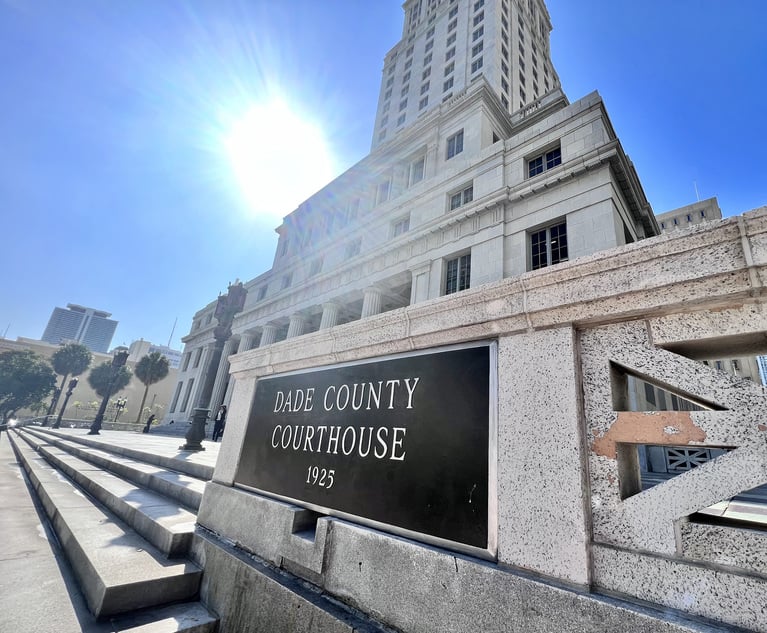By now, every Florida litigator knows that the state’s summary judgment standard has undergone a tectonic shift. What began with a decision from the state Supreme Court that the summary judgment standard provided for in Rule 1.510 rule shall be construed and applied in accordance with the federal summary judgment standard articulated in what is commonly referred to as the U.S. Supreme Court’s 1986 Trilogy—Celotex, Anderson, and Matsushita—has now evolved into a wholesale replacement of the current Rule 1.510 with the text of Federal Rule of Civil Procedure 56. Effective May 1, Florida’s summary judgment standard moves from “if there are issues of fact and the slightest doubt remains, a summary judgment cannot be granted” to “whether the evidence is such that a reasonable jury could return a verdict for the nonmoving party.” Here are eight things you need to consider given this sea change.
Prepare for Summary Judgment, Not Trial. Under the old standard, discovery was driven by preparation for trial. Under the new standard, however, courts will be more receptive to granting full or partial summary judgment. As such, litigators should be drafting early discovery and preparing their cases with summary judgment in mind, particularly in the types of cases that lend themselves to summary judgment, such as contract disputes. Request for admissions, document requests, interrogatories, and depositions should all be targeted at obtaining the evidence needed to meet the standard applicable to the particular case.


 Luis Salazar, left, and Jose Ceide, right, of Salazar Law. Courtesy photos
Luis Salazar, left, and Jose Ceide, right, of Salazar Law. Courtesy photos




